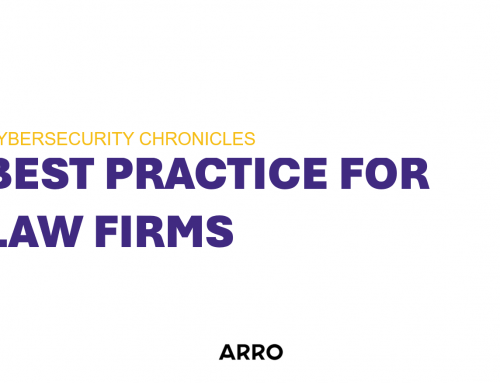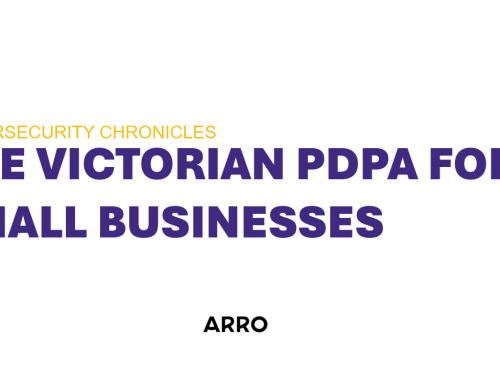In our first article of the series, we introduced the Australian Privacy Principles (APPs) and their importance for small and medium-sized enterprises (SMEs) in Victoria. Now, as part of our ongoing series on privacy law, we delve deeper into practical compliance tips tailored specifically for SMEs. Adhering to the APPs can seem daunting, but with the right strategies and practices in place, it becomes manageable and beneficial for your business.
Compliance with the Australian Privacy Principles is not just about avoiding penalties; it’s about fostering trust and protecting the privacy of those who interact with your business. By implementing these practical tips, SMEs can ensure they handle personal information responsibly and transparently. At Arro Lawyers, we’re here to support you every step of the way. Stay tuned for our next blog in this series, where we will explore real-life case studies of privacy compliance and breaches.
- Develop a Comprehensive Privacy Policy
A well-crafted privacy policy not only ensures compliance with APP 1 but also communicates your commitment to privacy to your customers.
How to Implement:
-
- Clearly outline how personal information is collected, used, and stored.
- Specify the purposes for data collection and any potential third-party disclosures.
- Make the policy easily accessible on your website and update it regularly.
- Educate and Train Your Staff
Ensuring that your team understands the importance of data privacy is crucial for maintaining compliance across all levels of your organisation.
How to Implement:
-
- Conduct regular training sessions on the APPs and your privacy policy.
- Provide specific examples relevant to your industry to illustrate key points.
- Establish a protocol for handling personal information and reporting breaches.
- Implement Robust Data Security Measures
Protecting personal information from unauthorised access, misuse, or loss is a core requirement under APP 11.
How to Implement:
-
- Use encryption and secure methods for data transmission and storage.
- Regularly update software and systems to protect against vulnerabilities.
- Implement access controls to ensure only authorised personnel can access sensitive information.
- Practice Data Minimisation
Collecting only the information necessary for your operations minimises risk and ensures compliance with APP 3.
How to Implement:
-
- Review your data collection forms and processes to ensure they only capture essential information.
- Regularly audit the data you hold and securely dispose of any unnecessary information.
- Clearly communicate to customers why their data is needed and how it will be used.
- Establish Procedures for Handling Requests
Under APP 12 and APP 13, individuals have the right to access and correct their personal information.
How to Implement:
-
- Create a straightforward process for customers to request access to their data.
- Set clear timelines for responding to requests and correcting information.
- Train staff to handle these requests efficiently and courteously.
- Prepare for Data Breaches
Having a response plan in place is crucial for mitigating damage and maintaining compliance with APP 11.
How to Implement:
-
- Develop a data breach response plan outlining steps to take in the event of a breach.
- Regularly test and update your response plan to ensure its effectiveness.
- Notify affected individuals and the Office of the Australian Information Commissioner (OAIC) promptly if a breach occurs.
- Engage Professional Assistance
Navigating privacy laws can be complex, and professional advice can help ensure comprehensive compliance.
How to Implement:
-
- Consult with legal experts specialising in privacy law to review your policies and practices.
- Consider hiring a privacy officer or external consultant to manage compliance efforts.
- Stay updated on changes to privacy laws and best practices by subscribing to relevant legal and industry updates.
For personalised assistance or more information on privacy law, contact Arro Lawyers today. Your business’s privacy compliance is our priority.




